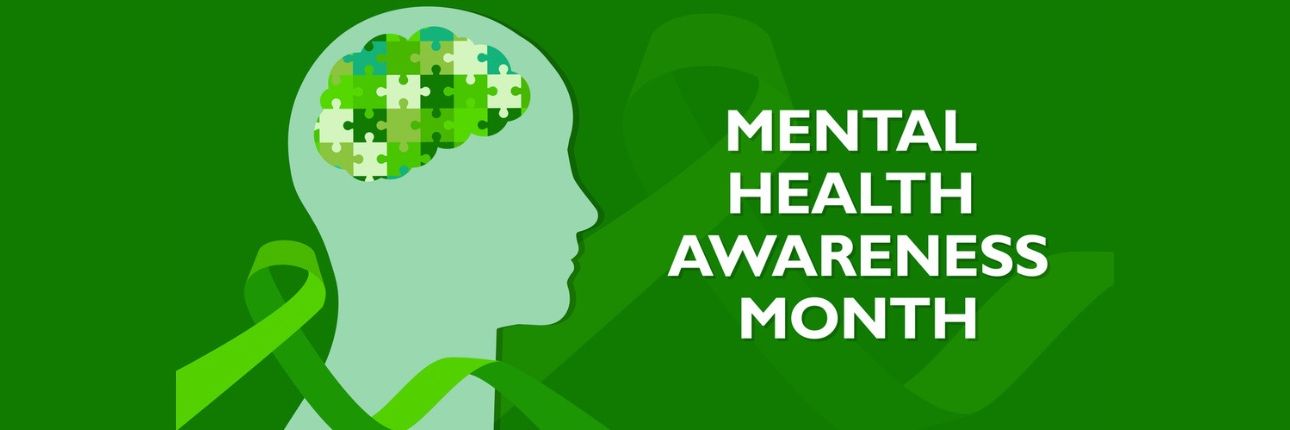May is Mental Health Awareness Month, founded in 1949 to promote understanding, reduce stigma, and support those affected by mental health conditions. The 2025 theme, “Turn Awareness into Action,” encourages everyone to move from awareness to advocacy through education, connection, and community support.
May is Mental Health Awareness Month, an annual observance founded by Mental Health America in 1949 to emphasize the importance of mental wellbeing, educate the public, reduce stigma and promote support for those affected by mental health conditions. Each year, individuals and organizations unite to raise awareness and advocate for improved mental health care and resources.
The theme for 2025, “Turn Awareness into Action,” challenges us to move beyond merely understanding mental health issues to actively supporting those affected and advocating for change, whether by learning more about mental health, checking in with a friend, or supporting community initiatives.
Mental health awareness plays a vital role in reducing stigma, promoting early intervention, and fostering empathy and understanding. By normalizing conversations about mental health, it cultivates a more compassionate society where individuals feel empowered to seek help, resulting in improved mental well-being.
Key objectives of Mental Health Awareness Month include:
- Educating the public about mental health conditions and their impact.
- Reducing stigma by encouraging open conversations and fostering acceptance.
- Highlighting the importance of early intervention and access to treatment.
- Sharing available mental health resources, including support groups and crisis services.
- Building solidarity and reducing isolation for those facing mental health challenges.
- Advocating for improved mental health policies, increased funding and better access to care.
- Promoting mental wellbeing and self-care practices for overall health.
Despite progress in mental health initiatives, more than 30 million people in the U.S. still lack access to comprehensive, high-quality care. The statistics, provided by the National Council for Mental Wellbeing, highlight the ongoing need for Mental Health Awareness Month and the importance of bringing attention to this disparity:
- 1 in 5 U.S. adults experiences mental illness each year.
- 1 in 20 U.S. adults experiences serious mental illness each year.
- 1 in 6 U.S. youth have a mental health condition, but only half receive treatment.
- 50% of all lifetime mental illness begins by age 14, and 75% by age 24.
- In 2023, 20% of all high school students seriously considered suicide.
“Mental Health Awareness Month is important because so many times it gets overlooked unless something major happens, like a death by suicide or a celebrity having some sort of a breakdown. Mental health is health and deserves to be put on the forefront just like the other illnesses we recognize throughout the year. The more we put it out front, the less stigma and the more normalized it becomes.”
- Mental health advocate and author Achea Redd
NATIONAL RESOURCES
- National Suicide Hotline : 800-273-8255 or Text TALK to 741741
- Veterans Crisis Line: Text 838255
- Vets4Warriors: 1-855-838-8255
- SAMHSA Hotline: 1-800-662-HELP (4357)
- RAINN National Sexual Assault Hotline: 1-800-656-HOPE(4673)
- National Teen Dating Abuse Hotline: 1-866-331-9474
- The Trevor Project: 1-866-488-7386
